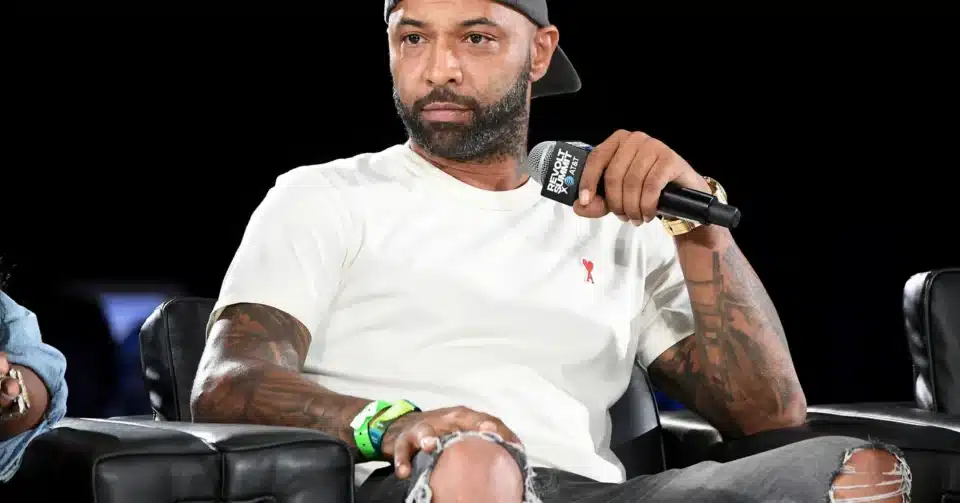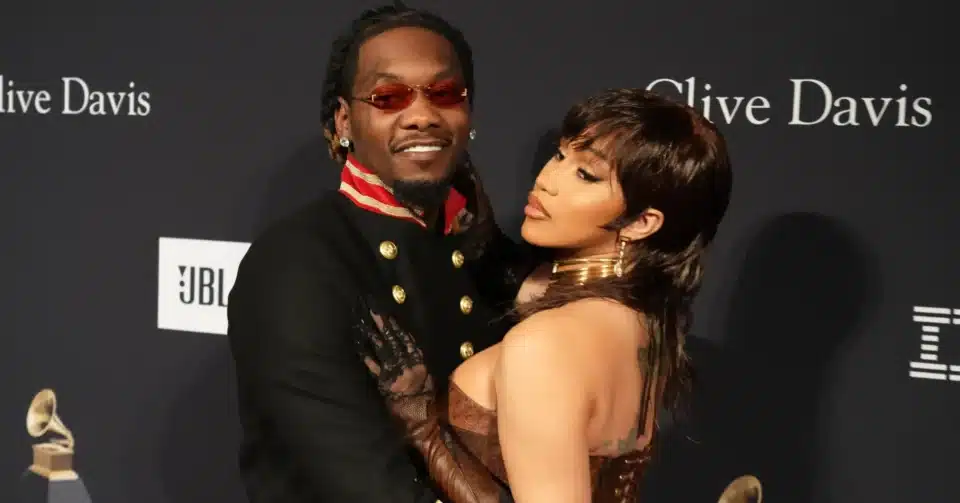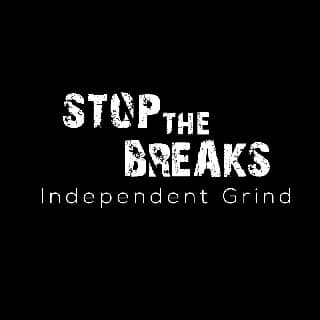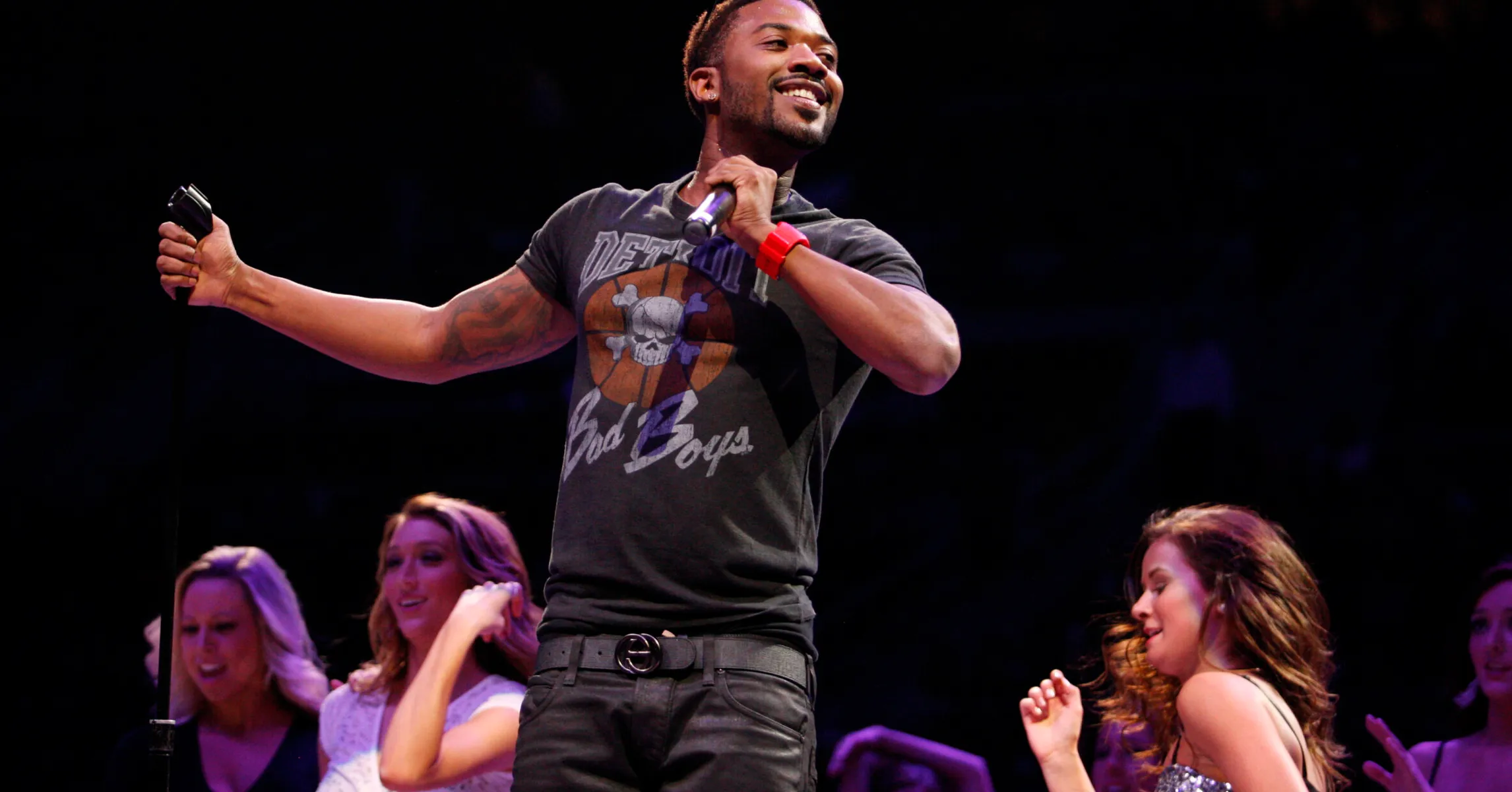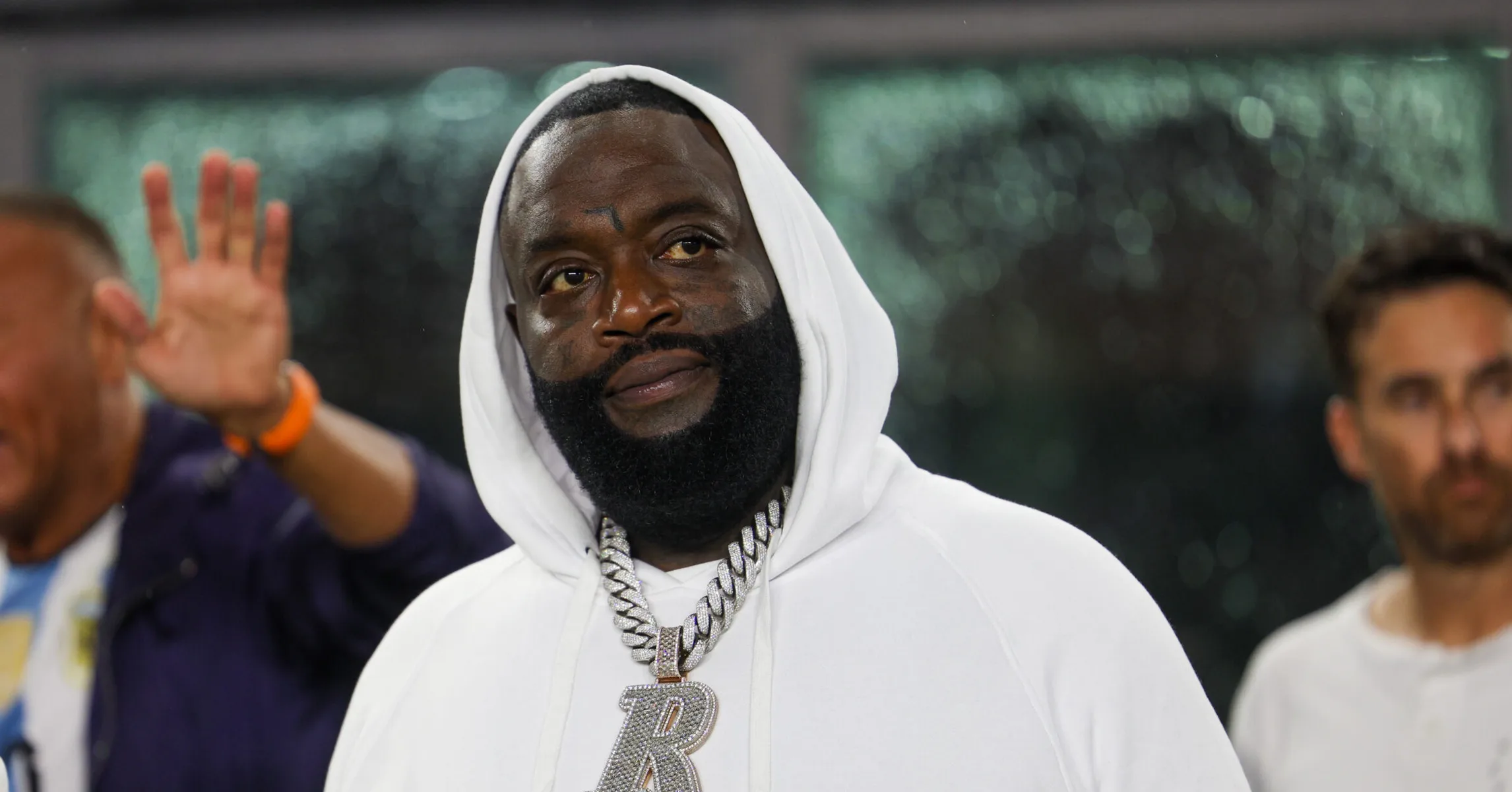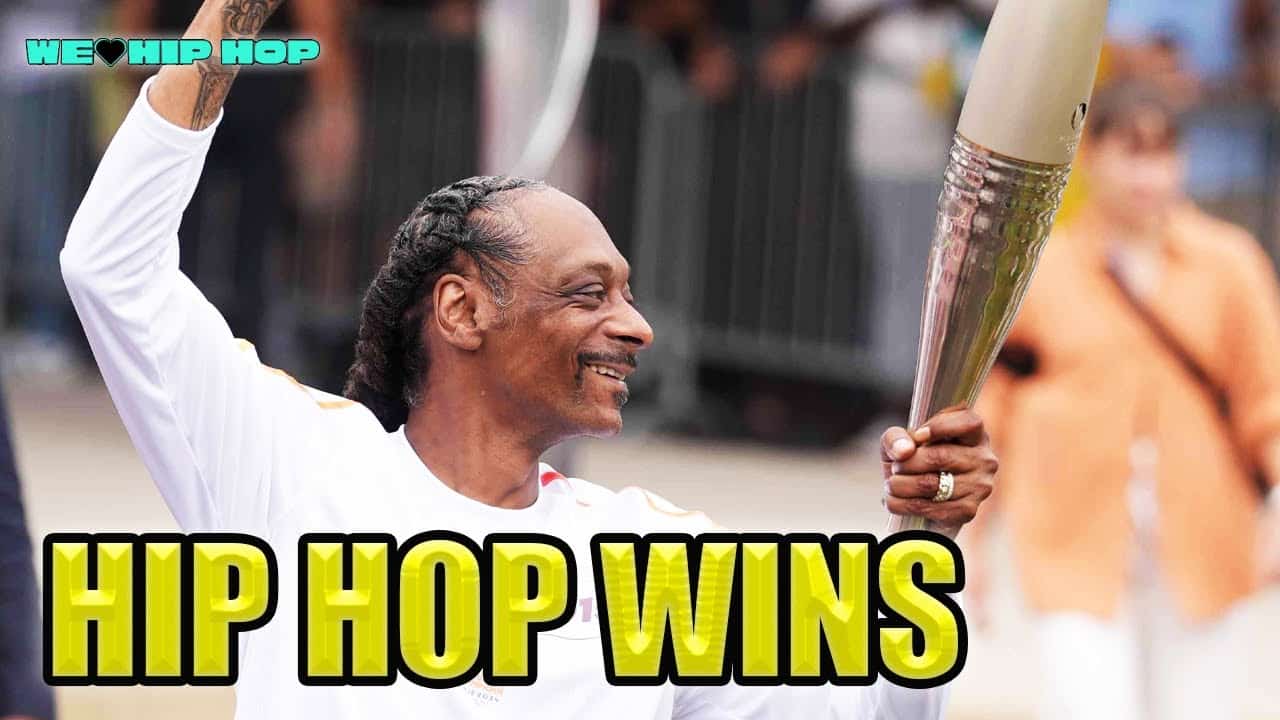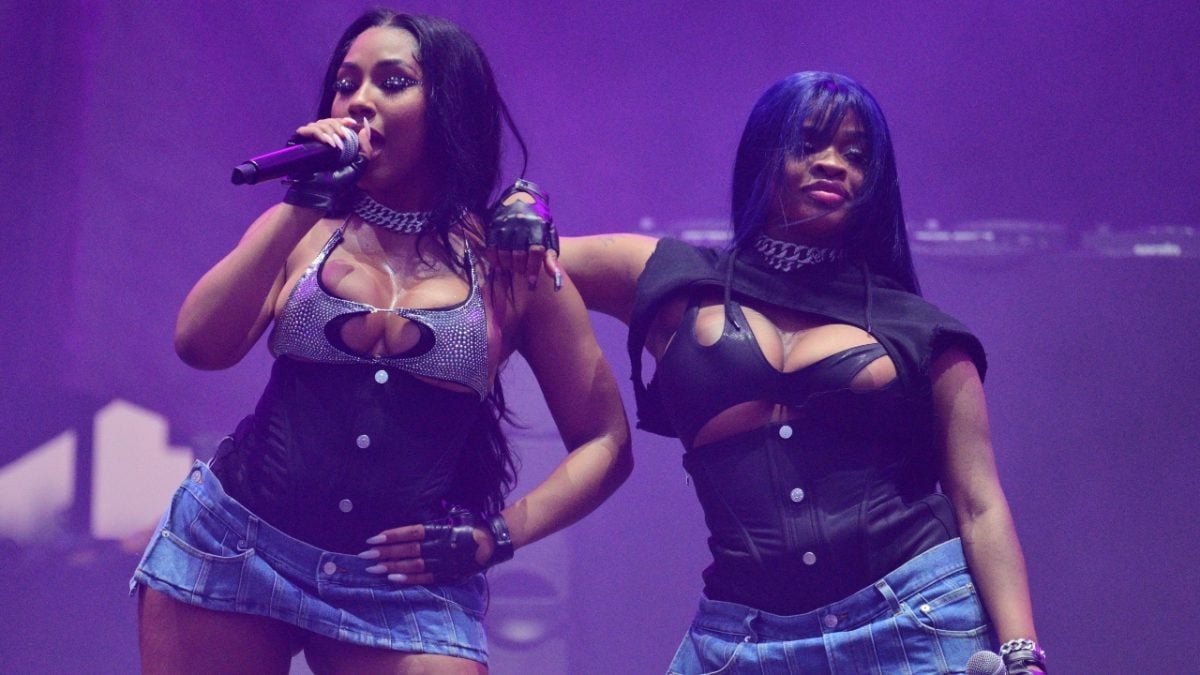Charlamagne Tha God recently sparked controversy during Tyla’s appearance on The Breakfast Club. The interview took an unexpected turn when Charlamagne broached sensitive topics despite being asked not to by Tyla’s team. The incident began when Charlamagne questioned Tyla about her identity as a South African ‘coloured’ person, prompting her publicist to intervene and shut down the topic immediately. This led to a wave of backlash, with viewers accusing Tyla of denying her Blackness. Tyla later issued a statement to clarify that this was not her intention.
The situation escalated when Peter Rosenberg openly criticized Charlamagne for making the interview uncomfortable for Tyla and her team. He accused Charlamagne of intentionally asking questions from the ‘do not ask’ list, a claim that Charlamagne confirmed himself. According to Charlamagne, he refused to comply with the requests not to discuss certain topics, insisting it was up to Tyla’s team to prepare her for any questions or cancel the interview. Charlamagne defended his actions by stating he is not beholden to record labels and that his job is to serve the public. His stance has sparked a debate over journalistic integrity and the responsibilities of media personalities.
Charlamagne’s Unyielding Interview Approach
Charlamagne Tha God has always been known for his bold interviewing style. This was particularly evident during Tyla’s recent appearance on The Breakfast Club. Despite being explicitly asked by Tyla’s team to avoid certain sensitive topics, Charlamagne chose to persist. When he brought up Tyla’s identity as a South African ‘coloured’ person, her publicist quickly intervened to stop the discussion. This move sparked controversy among viewers, who misconstrued the intervention as an attempt by Tyla to deny her Black heritage. Tyla later clarified that this was not her intention, aiming to dispel the misunderstandings that had arisen.
The backlash from this interview was swift, with many criticizing Charlamagne for ignoring Tyla’s requests. Peter Rosenberg was one of the first to vocalize his disapproval, asserting that Charlamagne’s line of questioning made the interview uncomfortable for both Tyla and her team. He accused Charlamagne of deliberately ignoring the agreed-upon boundaries and pushing topics that were off-limits. His allegations struck a chord with the audience, particularly after Charlamagne confirmed that he did, indeed, ask questions that were on the “do not ask” list.
The Controversial Questions
Charlamagne revealed that Tyla’s team had provided a list of topics they did not want to be addressed. These included mentions of social media influencer Kai Cenat, her absence from Chris Brown’s tour, a recent injury, comparisons to other artists, her dating life, or her racial identity. Charlamagne’s response to these restrictions was a flat-out refusal. He argued that his role as an interviewer was to serve the public, not to cater to the preferences of record labels or PR teams.
Charlamagne elaborated that he felt his job was to ask the tough questions and that it was the responsibility of Tyla’s team to either prepare her adequately for the interview or cancel the appearance altogether. He stated, “I am not a d*ck sucker for record labels. I have a job to do, and my job is for the people.” This stance has sparked a broader debate on journalistic integrity and the ethical responsibilities of media personalities.
Public Reaction and Ethical Debates
The public’s reaction to Charlamagne’s approach has been polarized. Some support his dedication to journalistic freedom and his refusal to be controlled by external parties. These supporters argue that an interviewer’s job is to uncover the truth and provide the audience with unfiltered information, no matter how uncomfortable it may be for the interviewee.
On the other hand, many criticize Charlamagne for what they perceive as a lack of respect for his guest’s boundaries. They argue that such an approach can be seen as unprofessional and damaging to the interviewee’s reputation and mental well-being. This incident has ignited a conversation about where to draw the line between hard-hitting journalism and respect for personal boundaries.
Charlamagne’s Defense and Wider Implications
Charlamagne defended his actions by emphasizing his commitment to his audience. He argued that avoiding sensitive topics would have been a disservice to the public, who rely on interviews to gain a comprehensive understanding of public figures and issues. To Charlamagne, adhering to a ‘do not ask’ list would compromise the authenticity and value of the interview. He maintained that as a journalist, his allegiance is to the public and not to the promotional interests of record labels.
This incident has wider implications for the media industry. It raises questions about the balance between journalistic integrity and ethical interviewing. Should interviewers have the freedom to ask any question, or should they respect the boundaries set by their subjects? This debate is likely to continue, especially as public figures and their teams become more protective over their image and narrative.
In summary, Charlamagne Tha God’s interview with Tyla on The Breakfast Club has sparked significant discussion about the role and responsibilities of media personalities. While some applaud his commitment to journalistic integrity, others view his actions as disrespectful and unprofessional. This incident highlights the ongoing tension between transparent journalism and ethical considerations in media interviews.
Tyla’s experience serves as a reminder of the fine line that interviewers must walk between probing questions and respecting the boundaries of their guests. As public figures increasingly seek to control their narratives, the media must navigate these complexities to maintain both their integrity and the trust of their audience. This debate is far from over and will likely continue to shape the landscape of media and celebrity interviews.
Ultimately, the Tyla interview on The Breakfast Club raises important questions about the freedom of the press and the extent to which media personalities should go to uncover the truth. As the media industry evolves, finding the right balance between hard-hitting journalism and respectful interviewing will remain a critical challenge.

